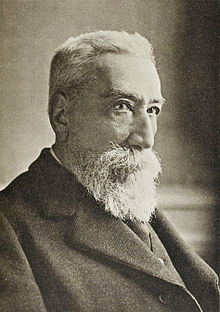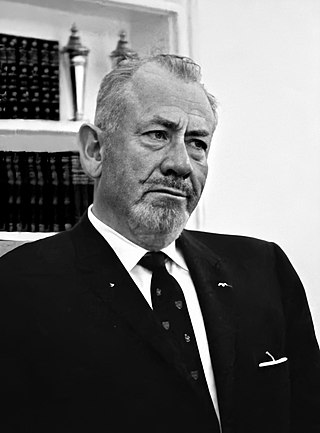
The 1962 Nobel Prize in Literature was awarded to the American author John Steinbeck (1902–1968) "for his realistic and imaginative writings, combining as they do sympathetic humour and keen social perception."

The 1901 Nobel Prize in Literature was the first awarded Nobel Prize in Literature. It was awarded to the French poet Sully Prudhomme (1839–1907) "in special recognition of his poetic composition, which gives evidence of lofty idealism, artistic perfection and a rare combination of the qualities of both heart and intellect."

The 1948 Nobel Prize in Literature was awarded to British-American poet Thomas Stearns Eliot (1888–1965) "for his outstanding, pioneer contribution to present-day poetry." Eliot is the fourth British recipient of the prize after John Galsworthy in 1932.
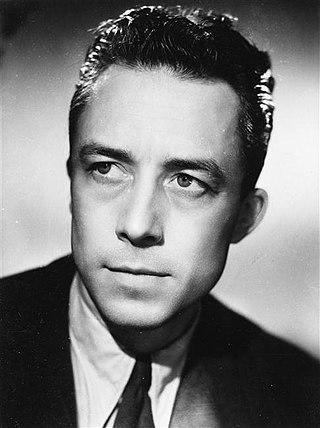
The 1957 Nobel Prize in Literature was awarded the French writer Albert Camus (1913–1960) "for his important literary production, which with clear-sighted earnestness illuminates the problems of the human conscience in our times." He is the ninth French author to become a recipient of the prize after Catholic novelist François Mauriac in 1952, and the fourth philosopher after British analytic philosopher Bertrand Russell in 1950.

The 1903 Nobel Prize in Literature was the third prestigious literary prize based upon Alfred Nobel's will, which awarded to the Norwegian poet and politician Bjørnstjerne Bjørnson (1832–1910) "as a tribute to his noble, magnificent and versatile poetry, which has always been distinguished by both the freshness of its inspiration and the rare purity of its spirit." The prize was announced in October 08, 1903 and was given in December 10, 1903 at Stockholm.

The 1904 Nobel Prize in Literature was the fourth literary prize resulting from Alfred Nobel's will. It was equally divided between the French Provençal philologist Frédéric Mistral (1830–1914) "in recognition of the fresh originality and true inspiration of his poetic production, which faithfully reflects the natural scenery and native spirit of his people, and, in addition, his significant work as a Provençal philologist" and the Spanish engineer and dramatist José Echegaray Eizaguirre (1832–1916) "in recognition of the numerous and brilliant compositions which, in an individual and original manner, have revived the great traditions of the Spanish drama." The winners were announced in October 1904 by Carl David af Wirsén, permanent secretary of the Swedish Academy.

The 1905 Nobel Prize in Literature was awarded to the Polish novelist Henryk Sienkiewicz (1846–1916) "because of his outstanding merits as an epic writer." He was given the prize on 10 December 1905. He is the first Polish author to win the Nobel Prize in the literary category and the second Polish citizen to win in general after the chemist Maria Skłodowska Curie in 1903. He was followed by Władysław Reymont in 1924.
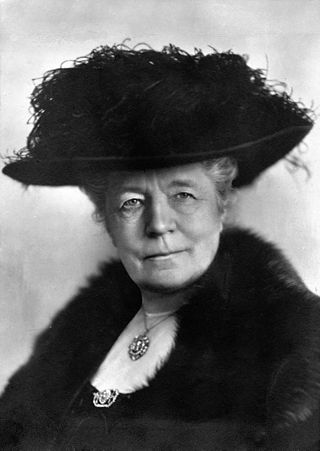
The 1909 Nobel Prize in Literature was awarded to the Swedish author Selma Lagerlöf (1858–1940) "in appreciation of the lofty idealism, vivid imagination and spiritual perception that characterize her writings." She became the first woman and first Swede to be awarded the prize.

The 1906 Nobel Prize in Literature was awarded to the Italian poet Giosuè Carducci (1835–1907) "not only in consideration of his deep learning and critical research, but above all as a tribute to the creative energy, freshness of style, and lyrical force which characterize his poetic masterpieces." He was the first Italian author to receive the prize and was followed by Grazia Deledda in 1926.

The 1907 Nobel Prize in Literature was awarded to the British writer Rudyard Kipling (1865–1936) "in consideration of the power of observation, originality of imagination, virility of ideas and remarkable talent for narration which characterize the creations of this world-famous author." He is the first English-language writer to receive the prize, and being aged 41, is its youngest recipient to date.

The 1910 Nobel Prize in Literature was awarded to the German writer Paul Heyse (1830–1914) "as a tribute to the consummate artistry, permeated with idealism, which he has demonstrated during his long productive career as a lyric poet, dramatist, novelist and writer of world-renowned short stories." He is the third German recipient of the prize after Rudolf Christoph Eucken in 1908.
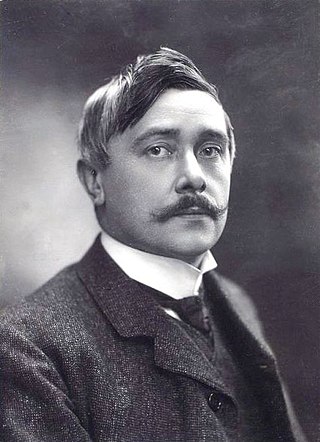
The 1911 Nobel Prize in Literature was awarded to the Belgian author Maurice Maeterlinck (1862–1949) "in appreciation of his many-sided literary activities, and especially of his dramatic works, which are distinguished by a wealth of imagination and by a poetic fancy, which reveals, sometimes in the guise of a fairy tale, a deep inspiration, while in a mysterious way they appeal to the readers' own feelings and stimulate their imaginations." He is the first and remains only the Belgian recipient of the prize.

The 1913 Nobel Prize in Literature was awarded to the Bengali polymath Rabindranath Tagore (1861–1941) "because of his profoundly sensitive, fresh and beautiful verse, by which, with consummate skill, he has made his poetic thought, expressed in his own English words, a part of the literature of the West." He is the first and remains only the Indian recipient of the prize. The award stemmed from the idealistic and accessible nature of a small body of translated material, including the translated Gitanjali.
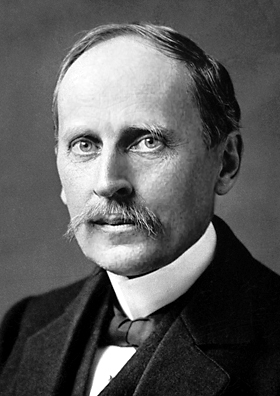
The 1915 Nobel Prize in Literature was awarded to the French author Romain Rolland (1866–1944) "as a tribute to the lofty idealism of his literary production and to the sympathy and love of truth with which he has described different types of human beings." The prize was awarded the following year on November 9, 1916 and he is the third Frenchman who became a Nobel recipient for the literature category.

The 1917 Nobel Prize in Literature was equally divided between the Danish authors Karl Adolph Gjellerup (1857–1919) "for his varied and rich poetry, which is inspired by lofty ideals," and Henrik Pontoppidan (1857–1943) "for his authentic descriptions of present-day life in Denmark." It is the second of four occasions when the Nobel Prize in Literature has been shared between two individuals.

The 1920 Nobel Prize in Literature was awarded to the Norwegian author Knut Hamsun (1859–1952) "for his monumental work, Growth of the Soil." He was the second Norwegian Nobel laureate in literature after Bjørnstjerne Bjørnson won in 1903.
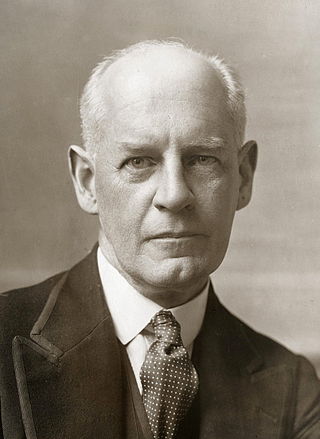
The 1932 Nobel Prize in Literature was awarded to the British author John Galsworthy "for his distinguished art of narration which takes its highest form in The Forsyte Saga".

The 1924 Nobel Prize in Literature was awarded to the Polish author Wladyslaw Reymont "for his great national epic, The Peasants".

The 1926 Nobel Prize in Literature was awarded to the Italian author Grazia Deledda "for her idealistically inspired writings, which with plastic clarity picture the life on her native island and with depth and sympathy deal with human problems in general." She was the second Italian and second female Nobel laureate in literature.
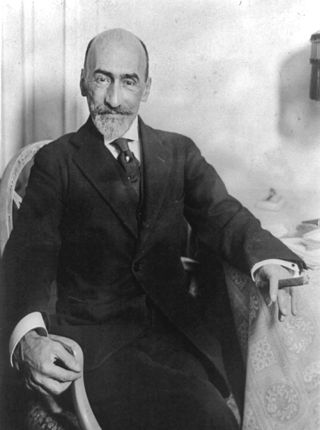
The 1922 Nobel Prize in Literature was awarded to the Spanish dramatist Jacinto Benavente (1866–1954) "for the happy manner in which he has continued the illustrious traditions of the Spanish drama".
